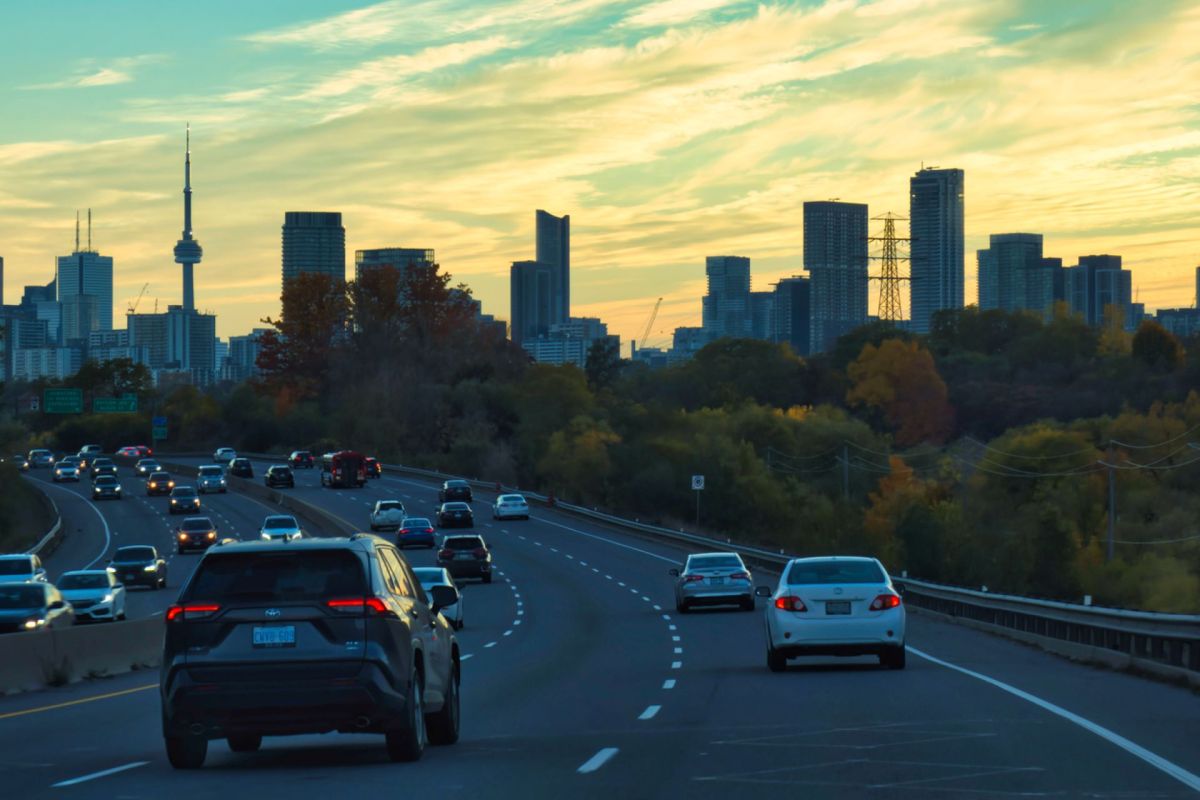To curb global rising temperatures, Canada mandated last December that all light-duty vehicles sold by 2035 cannot produce tailpipe pollution.
The ruling carries benchmarks of 20% of all passenger cars, SUVs, crossovers, and light trucks sold by 2026 to be zero-emission vehicles (ZEVs) and 60% by the end of the decade.
A press release from Environment and Climate Change Canada stated that the North American country already has 50 ZEV models available, with "an additional 41 models expected to arrive in Canada in 2024."
The government also plans to incentivize the purchase of new ZEVs with a $2 billion program that will offer up to $5,000 in credit to consumers.
Canada joined members of the EU and several U.S. states in banning gas-power cars by 2035 — and Japan has targets for a similar ban.
Some countries have initiated more aggressive measures, with Ethiopia outlawing the sales of all cars that rely on dirty energy sometime this year.
According to Reuters, the transportation sector accounts for 22% of the nation's planet-warming pollution, and the government attributes about half of this pollution to light-duty polluting vehicles.
Officials cited by Reuters noted that electric vehicles made up 12.1% of all new automobile sales in Canada over the third quarter of 2023. Per the outlet, data from Statista added that Tesla sold an industry-leading 36.7% of all EVs in the country in 2022, while Hyundai placed second at 11.1%.
The regulation has received backlash from the nation's automotive industry, which pointed to the higher prices for EVs and lack of charging infrastructure.
"Achieving higher ZEV sales levels depends on favorable market conditions, stronger consumer purchase incentives ... widespread charging infrastructure [and] expanded grid capacity," said Brian Kingston, President of the Canadian Vehicle Manufacturers' Association.
TCD Picks » Quince Spotlight

Though Prime Minister Justin Trudeau has prioritized combating rising global temperatures, Canada has yet to hit any targets it set for pollution reductions, according to Reuters.
The outlet also reported that a notable watchdog group criticized his current pollution reduction plan and will fail to cut production by 40-45% below 2005 levels by 2030.
To combat these issues and facilitate the transition, the government will allocate $1.2 billion to build charging stations, targeting public areas and multi-family residential buildings.
Additionally, residents living in remote and northern regions will remain eligible to purchase plug-in hybrid EVs with an all-electric range of 80 kilometers (around 50 miles) to curtail any concerns about the potential difficulties of EVs functioning in harsher conditions, as Reuters noted.
"The evidence from Quebec and British Columbia and other countries is clear: When combined with supportive investments, a regulated ZEV target increases consumer choice, improves air quality, and accelerates the transition from gas-powered engine vehicles," the release stated.
Join our free newsletter for cool news and actionable info that makes it easy to help yourself while helping the planet.













